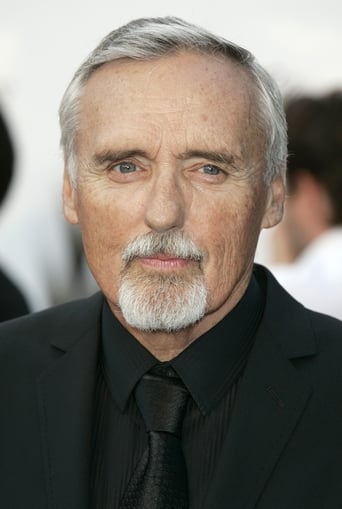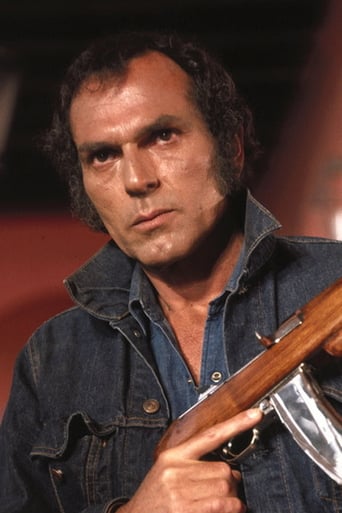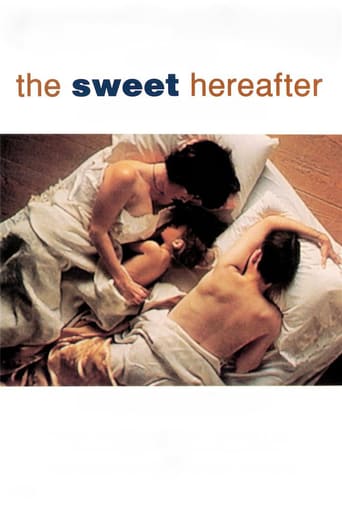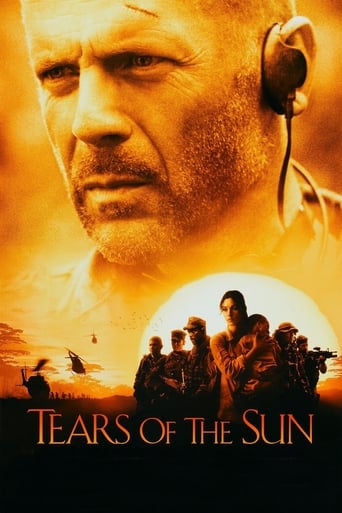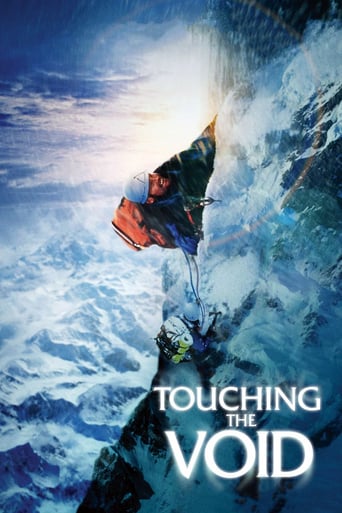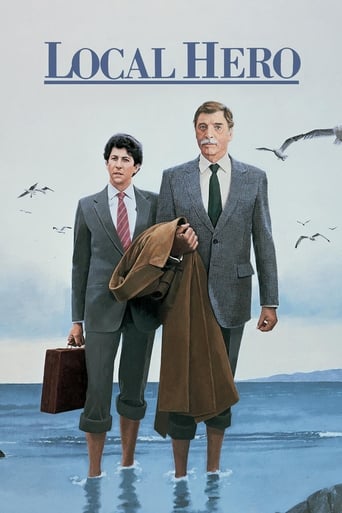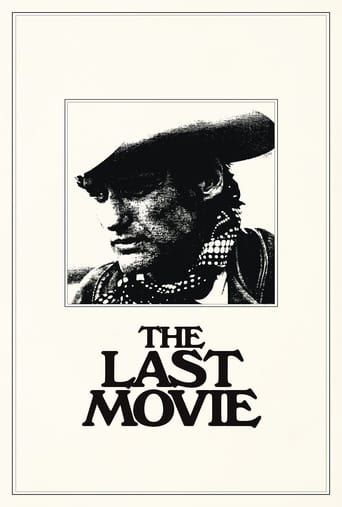
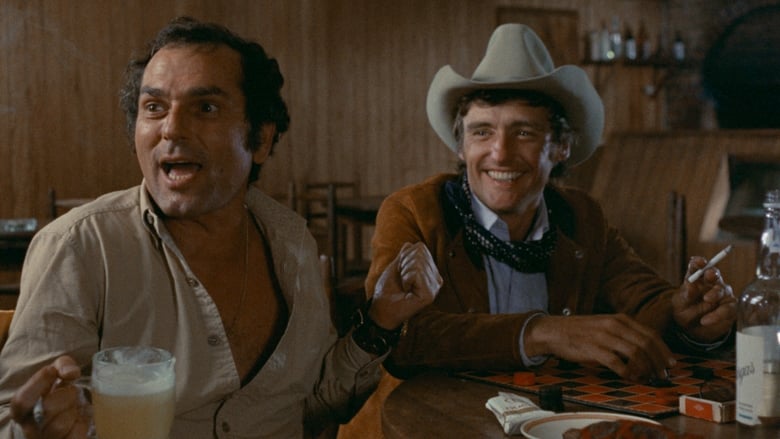
The Last Movie (1971)
After a film production wraps in Peru, an American wrangler decides to stay behind, witnessing how filmmaking affects the locals.
Watch Trailer
Cast
Similar titles
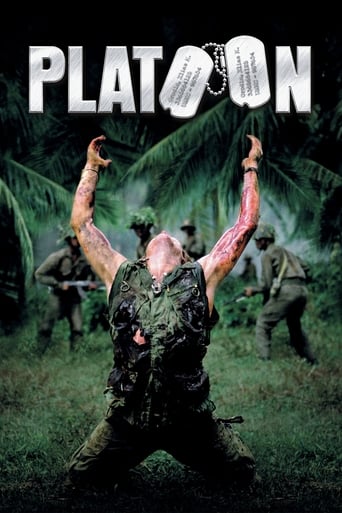
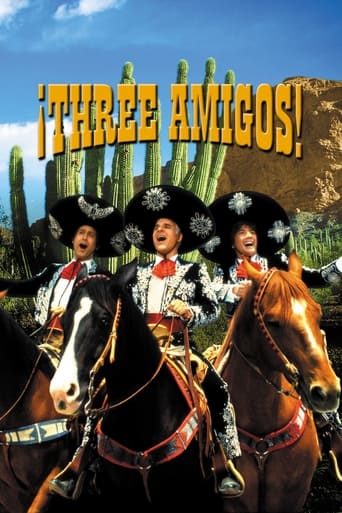
Reviews
Such a frustrating disappointment
If you don't like this, we can't be friends.
Good story, Not enough for a whole film
Fun premise, good actors, bad writing. This film seemed to have potential at the beginning but it quickly devolves into a trite action film. Ultimately it's very boring.
Dennis Hopper has always been one of the most rebellious filmmakers and actors in American cinema, so it's really no surprise that the film he would make directly after Easy Rider (his directorial debut and an incredibly unconventional film in itself) would be The Last Movie – another unconventional movie but this time he really stretches the structure of your typical Hollywood picture and the meaning of the word "unconventional". The movie starts out in Peru and on the set of a western being made by, none other than, Samuel Fuller. Hopper is only seen in the background mostly during the first half an hour of the film as a stunt man. The film being shot is full of violence and death and soon enough the shoot ends in a real death of one of the actors. The film wraps up but Hopper decides to stay in Peru and shack up with a local prostitute. As they begin to settle into their home in the mountains a priest approaches Hopper's character and tells him that the villagers are re-enacting the scenes from the movie but for real. They've no idea that what they saw previously was all faked. Soon enough they're asking Hopper to re-enact the part of the stunt man who died. In the style of Easy Rider, Hopper edits rapidly and there are random cuts to things that aren't really relevant to much but it all makes you feel like you're right there in Peru with these villagers re-enacting these scenes. Hopper's performance goes from emotional to drunk within seconds in some scenes and this really is a showcase of both his acting abilities and his directorial abilities. The wide cinematography looks like it's taken right out of a John Ford movie, but then when the camera closes in and gets closer to the characters it looks like a filmmaker toying with his camera on his first film. This really is a splendid film and it's one that challenges the viewer to think, not twice but, three times about how a feature film should be presented and for the filmmaker viewers it challenges them to rethink the linear structure in which these films are made. It's not like Reservoir Dogs or Pulp Fiction in it's structure but it's definitely similar to films like those that tell stories in this way and in that respect this film is miles ahead of it's time. Hopper's next film Out Of The Blue, which I have already seen, was – after seeing this – the logical step for Hopper to go and I now am dying to rewatch that because I know I will like it much much more.http://destroyallcinema.wordpress.com/
Dennis Hopper's now notorious second feature fulfilled the promise of 'Easy Rider' by doing to his career what those Southern rednecks did to his character at the end of the earlier film: blasting it to an early grave. Given the disposition of its maker and the attitudes of his era it's not surprising the film took shape the way it did, but unlike the more unified mess of his debut feature (in retrospect a happy accident) this sophomore effort is merely chaotic: an ill-conceived, sloppily executed, helplessly edited riot of unintended laughs.There's a germ of an idea here about the essential artifice of movie-making (in which the film itself finally disintegrates into random outtakes), but the director painted himself into a creative cul-de-sac by envisioning a project that had to fail in order to succeed. And fail it did, famously so, putting all of Hopper's drug-induced limitations on public display. Seen today, it's a fascinating example of professional self-destruction, and a laughable catalogue of hippie flotsam scraped from the bottom of the '60s barrel.
Hopper's second directorial effort was doomed to cult status from the start. But, starting with the post-modern film school generation of the 1990s, it has started to get its just due. This is a challenging film to a viewer of any sort, but is a fascinating piece of art nonetheless.The only thing I have to add is a reaction to some other commenters. Anyone suggesting that this film should have been edited into chronological order, or not have jump cuts, or the "Scene Missing" title cards is clearly missing the point. One of the major themes of the film is the artifice of Hollywood film-making, and having those illusions disrupted is key to the film's impact. Granted, theses are tricks lifted from the French New Wave, but they are put to great use here.
The biggest problem with viewing The Last Movie is that it actually has two parts.The first part of the film where the citizens of a Peru village try to duplicate (for real) the violence of a western that has just been filmed in their village raises some interesting question (some put forth by the town's priest).The problem is at a critical point for the main character (the only member of the crew to stay behind) the movie suddenly and without warning shifts gears into the second part which can best be described as 'the making/behind the scenes of the Last Movie.' Worst yet this part of the movie doesn't have any rhyme or reason in the order in which things are shown so it can be a confusing 5 minutes before the viewer figures out what has just happened. And even after the poor viewer does figure out what has just happened trying to follow this part of the film is next to impossible as it is so disjointed.It is a pity as the premise of the film is a good one and if the film had stayed with that premise it would have been a great film. Instead you have part of a great film followed by a disjointed mess.
